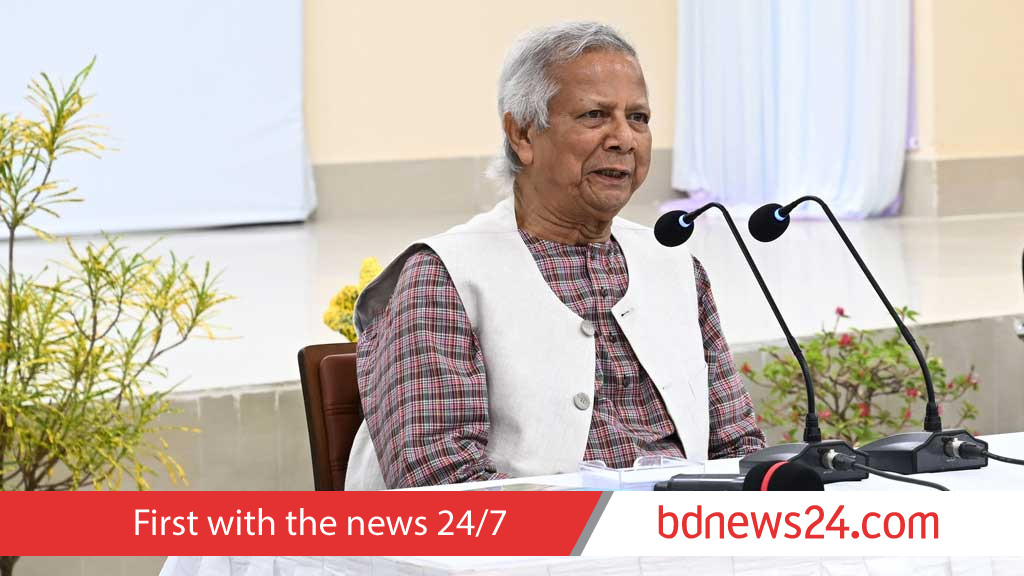Chief Advisor Muhammad Yunus has underscored the vast potential of Cox’s Bazar, home to the world’s longest sea beach, urging locals to consider their role in fostering economic growth.
Speaking at a public forum at the BIAM Auditorium on Friday, Yunus addressed an audience of local business owners, educators, students, NGO workers, and journalists, emphasising the opportunities the coastal region presents.
“The people of Bangladesh are quite fortunate,” Yunus said.
“They have access to the sea, which provides immense opportunities to engage in global trade.”
Throughout much of the conversation, Yunus spoke in the regional dialect of Chattogram, engaging with locals who responded in kind.
“Cox’s Bazar has the potential to play a significant role in the economy,” he said.
“How can we do this? I want to know what you think—what is on your mind? I have come here to know this.”
Yunus pointed to the strategic advantage of Bangladesh’s coastline, arguing that a seaport could be established anywhere along Chattogram’s shore.
“Cox’s Bazar has transformed significantly,” he said.
“It should not remain merely a tourist city but evolve into an economic centre.”
He also stressed the need for Bangladesh to capitalise on its maritime position, noting that neighbouring Nepal and India’s northeastern states, known as the Seven Sisters, lack direct access to the sea.


“If we can facilitate trade, it will change the destiny of many,” he added.
Yunus also inquired whether foreign importers were interested in purchasing locally produced salt, suggesting that Cox’s Bazar farmers might be able to tap into international markets.
He also raised the prospect of harnessing wind energy in the region, proposing a pilot project for wind power generation.
Beyond economic prospects, Yunus sought insight into the impact of the Rohingya crisis on the local population.
During the forum, community members presented various proposals and demands to Yunus.
The chief advisor arrived in Cox’s Bazar on Friday afternoon on a Biman Bangladesh flight, accompanied by United Nations Secretary-General António Guterres.
The two later visited the Rohingya refugee camp in Ukhiya, where Guterres toured a Rohingya Learning Centre, a Cultural Centre, and a jute products manufacturing facility.
Later in the evening, Yunus joined Guterres for an iftar meal with approximately 100,000 Rohingya refugees.

